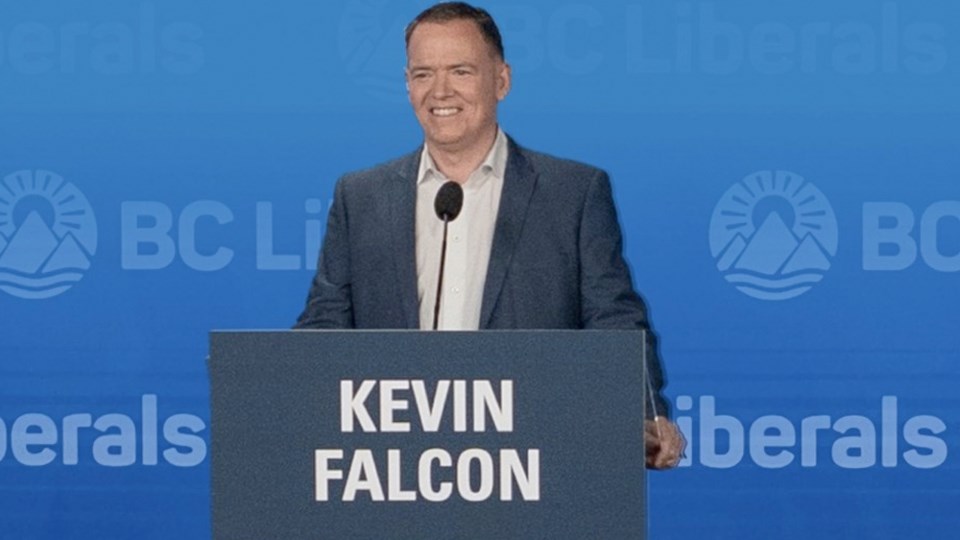For a political party that won four of the last seven B.C. elections (and which won the most votes in two others) changing the party name seems like an odd move.
But that is exactly what the BC Liberals are planning to do if enough party members support changing the name to “BC United” later this fall.
The announcement of the proposed new name was quickly greeted by many with jokes about the new title being more associated with soccer than politics (e.g. it will be the only soccer team without a left winger!) but the BC Liberal leadership evidently thinks it’s a name that will catch on over time.
It seems clear the potential name change is being spurred in part by what could be the inevitable growth in the political fortunes of the provincial Conservative Party and the growing problems associated with the federal Liberal Party of Canada’s time in government.
The word “liberal” seems to rankle some party members, who fear having the word as part of the party name is a turn-off for right-of-centre voters.
Indeed, it can be argued that in the last provincial election, Conservative Party candidates received enough votes (most of which would have likely gone to the BC Liberals had the Conservatives not been in the race) in ridings in Abbotsford, Langley, Chilliwack and Vernon to allow NDP candidates to post narrow victories in places their party had never won before.
The Conservative Party also finished a strong second to the BC Liberals in both Peace River ridings and their candidate in one of the Kamloops ridings helped make it a very close race between the victorious BC Liberals and the BC NDP.
The two recent by-elections also showed noticeable support for the Conservative Party, or at least in the riding of Surrey South, where it received almost 13 per cent of the vote. The BC Liberals won the riding easily, but the voter turnout was minuscule.
Clearly, the BC Liberals have to be nervous about the potential growth of the Conservative Party brand in subsequent elections. Hence the proposed “neutral” name change, to something that might reach out to voters who may be getting tired of the Liberal “brand.”
Of course, changing the name is not without potential risk.
Rebranding a product ― whether it is a political party, a media outlet or a store name ― is not an overnight exercise. It can take a long time, and the BC Liberals have no control over the timing of the next election.
The party could be caught flat-footed by an early election call. If it moves too quickly to a new name and dumps the current one, voters may confused by a political party name they are unfamiliar with.
Some BC Liberal officials argue the current name is confusing for some voters because it has nothing to do with the federal Liberal Party and supports policies that are designed to attract both liberal and conservative voters.
But if “BC United” is not put in front of the voters for a lengthy period of time to get longtime BC Liberal supporters used to the idea of a new name, voter confusion could be even higher.
So even if party members endorse the name this fall, it is far from clear which name will be on the actual ballot come the next provincial election.
Keith Baldrey is chief political reporter for Global BC




